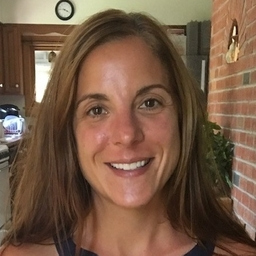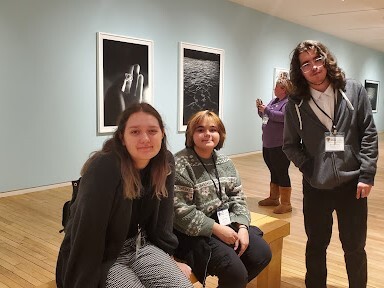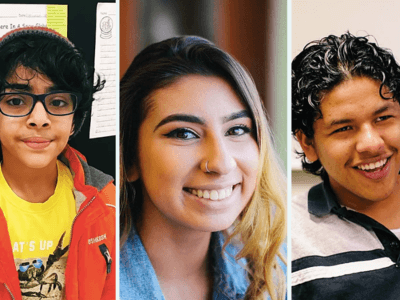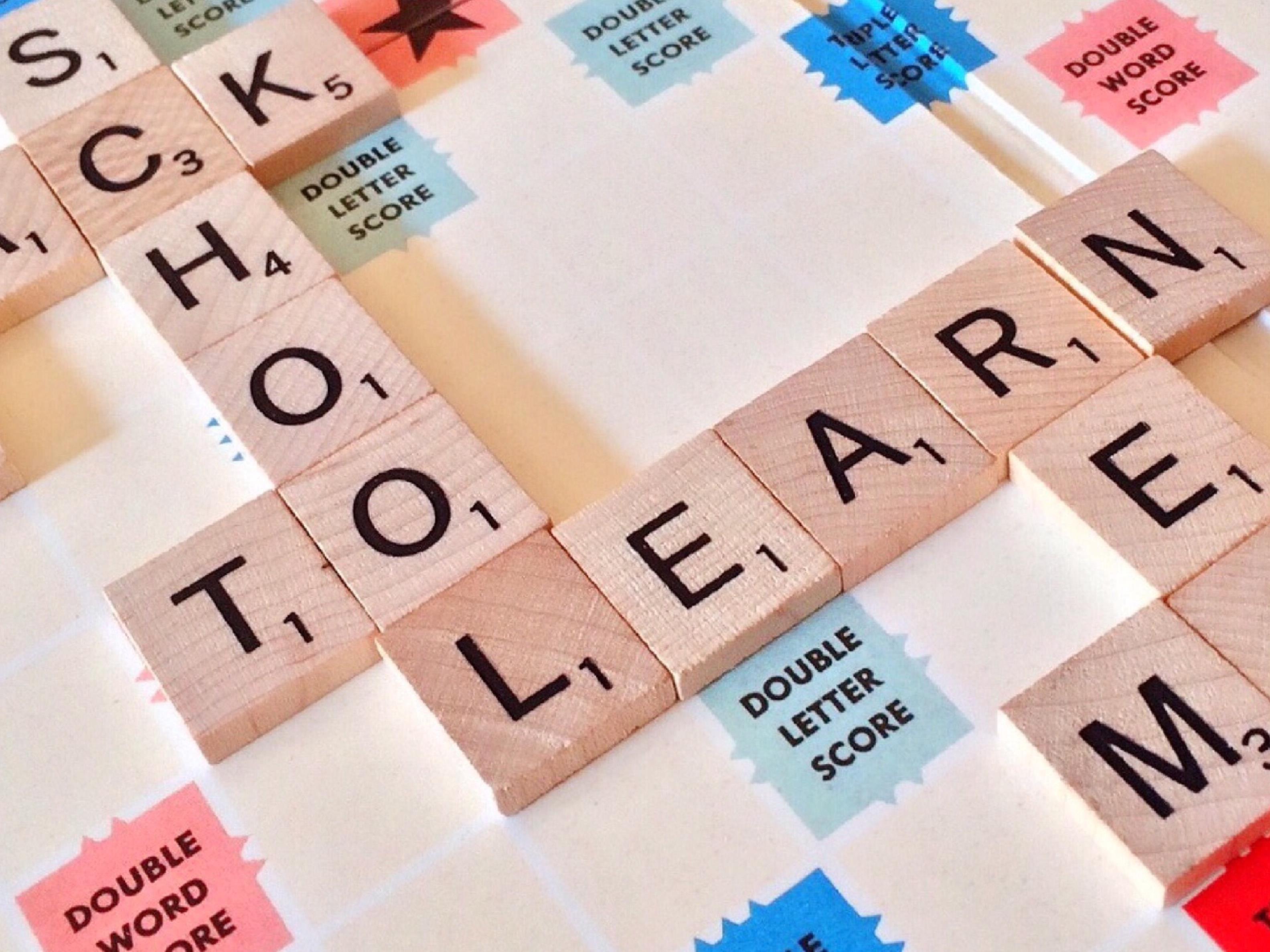Reimagining Assessment
Presentations of Learning at the Workshop School
Topics

Educators are rethinking the purposes, forms, and nature of assessment. Beyond testing mastery of traditional content knowledge—an essential task, but not nearly sufficient—educators are designing assessment for learning as an integral part of the learning process.
Practitioner's Guide to Next Gen Learning
Students present Gateway Projects in 10th grade to show they are ready to be promoted to the Upper House, with more time in internships, college classes, and designing their own projects.
Philadelphia is known for its history—first capital of our nation, signing the Declaration of Independence—and for its cheesesteak—rivals Pat’s vs. Geno’s. Do you know how the City of Brotherly Love does next gen learning?
More than 40 NGLC network educators, leaders, and partners met up in Philadelphia in early June to explore three of the city’s innovative schools: the Workshop School and Building 21 (NGLC grantees) as well as Science Leadership Academy.
Nicole Falcone, director of digital experience at 2Revolutions, shares her reflection on the visits:
I think what really stuck out for me was the authenticity of the learning; the community as a home and safe space to really flourish; the complexity and depth of projects; and how much the kids really were learning what I consider the qualities and skills needed to succeed in life beyond high school...and enjoying it, and thriving, and taking ownership of it all.
I couldn’t agree more!
At the Workshop School, we were audience members for tenth grade student portfolio presentations of learning called Gateway Projects. This is what we learned.
A Large Urban District Context
Our morning began with a welcome from Chris Lehmann, the school district’s assistant superintendent of the Innovation Network. He is the right man for the job!
It’s hard to innovate in a district hamstrung by financial instability and debt.
It’s difficult to innovate within the behemoth bureaucracy of a traditional district.
It’s next to impossible to celebrate new, innovative schools when existing schools close.
These are some of the major pressure points that a broken system places upon innovation. And yet, Chris is an instigator and ardent supporter of innovation working around the obstacles and challenges. This fiery spirit of innovation is a part of Chris’ DNA: he believes in kids and knows that kids deserve “schools that don’t suck.”
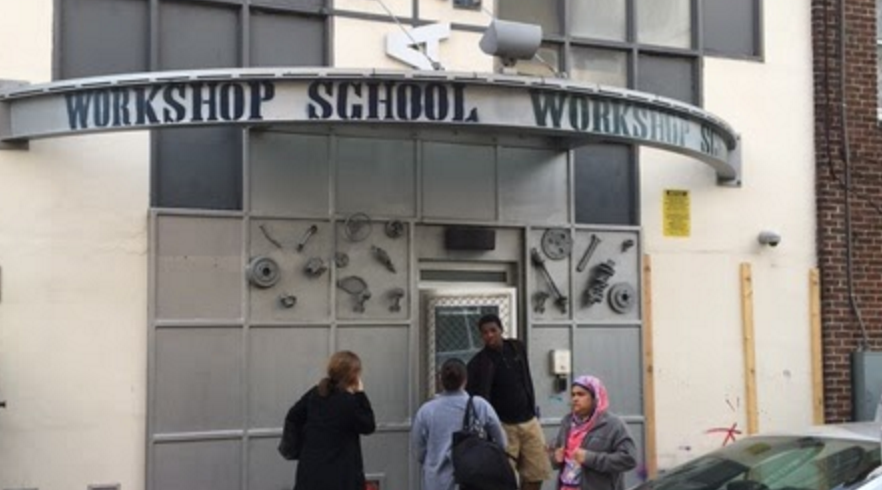
The Workshop School
The Workshop School is a non-selective district high school located in West Philadelphia. The school’s mission is to unleash the creative and intellectual potential of young people to solve the world’s toughest problems. This is accomplished by putting real world challenges at the center of the curriculum, and evaluating students’ work based on the progress they make in defining, exploring, and ultimately developing solutions to those problems.
The school’s strong culture is built around three simple principles:
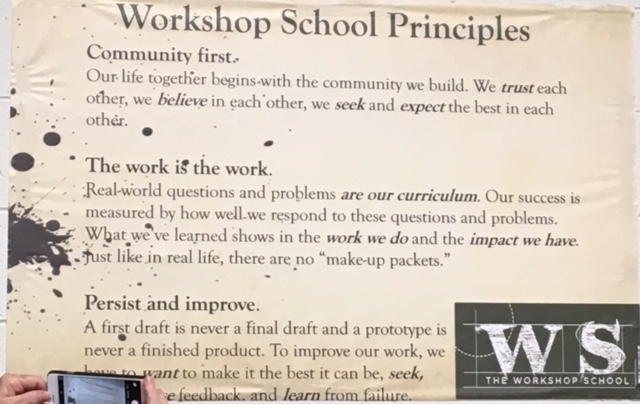
Presentations of Learning—Gateway Projects
We were audience members for Gateway Project presentations made by the school’s tenth graders, an opportunity for students to show that they are ready to be promoted to the Upper House. At Workshop, the Upper House program involves more time spent on off-site internships, access to college classes, and the opportunity for students to design their own projects.
In order to prepare for the Gateway process, students were required to put together a portfolio of their best work, analyze that work thoughtfully and critically, and present the analysis of their learning. The Gateway Project culminates in a presentation made by the student to a panel of reviewers, only one of whom is a member of the school staff.
Following the review, students may be assigned one of three ratings, modeling the dissertation process of graduate school:
- Passing: The student presents compelling evidence that he/she has a clear vision for the remainder of his/her high school career, and is ready for additional responsibility, choice, and opportunity.
- Passing, with revisions: The student presents evidence that he/she has a clear vision for the remainder of his/her high school career, and is ready for additional responsibility, choice, and opportunity. However, there are specific, correctable weaknesses or omissions in the presentation.
- Not passing: The student does not present evidence that he/she has a clear vision for the remainder of his/her high school career, and is not ready for additional responsibility, choice, and opportunity.
Fellow students are encouraged to provide feedback to their peers in real-time after Gateway presentations and also on feedback forms that can be used to promote continuous growth.
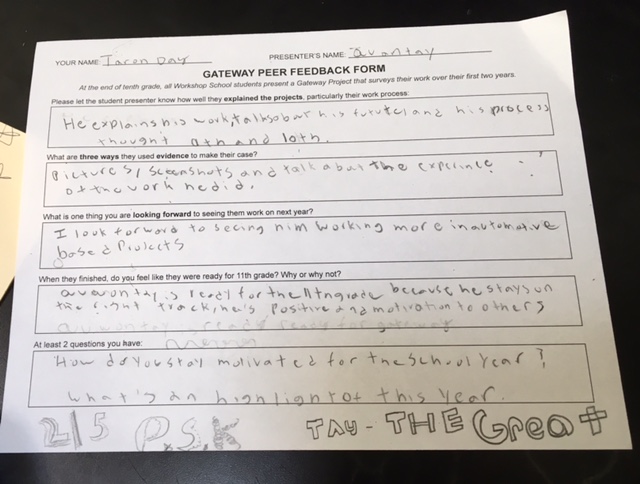
We were impressed by each of the students’ presentations, which demonstrated an incredible amount of self-awareness, rigor, meticulousness, and eye toward the bigger picture of learning. Every young person spoke about where they wanted to go after high school, and how the projects they chose to feature in their portfolio demonstrated the skills, competence, and growth needed to help them meet these goals. They also were honest—not everything went well all the time and part of the presentation’s purpose was to open up about these failures and share what they learned from it.
We were equally (and happily!) awed by the presenters’ peers and the thoughtful feedback they shared during the Q&A part of the presentation. Listen in as Gio offers feedback to a peer:
Student Panel
In addition to participating in Gateway Project presentations, our visit to the Workshop School also included time to hear from a panel of four students, along with hallway and classroom conversations with additional students. These reflections from the young scholars stuck out most:
“Going from a regular school to a project-based learning school is an adjustment. We’re using our hands and minds. We get to create things we want.”
What’s the hardest thing about learning this way?
- “The work is never done. It’s a prototype, there’s always something that can be improved on.”
- “Managing the freedom.”
- “Balancing all the projects, but I’ve been learning how to balance it all.”
- “Collaborating with others; I’m an introvert. This year I’ve been getting used to working with other people.”
When asked how they balance the expectations of the state and district standards with what they value at Workshop, one of the school’s founders shared these reflections:
- “We care just as much about: Are you [students] self-aware? How do you block out the distractions around you? We care about time and how you balance it. About how you project manage. We spend a lot of time building relationships. Here you get assessed on academic content AND skills that are important for long-term success: collaboration, reflection and self-awareness, project and time management, ownership and commitment, critical thinking and problem solving.”
- “The commitment is that we trust our kids.”
Resources
- Workshop School Grantee Page - The school design and related resources
- How to Measure Project-based Learning, The Notebook - An examination of performance-based assessment at the Workshop School.
- The Workshop School Gateway Project - Scoring and feedback sheet, review criteria, and review guide.

